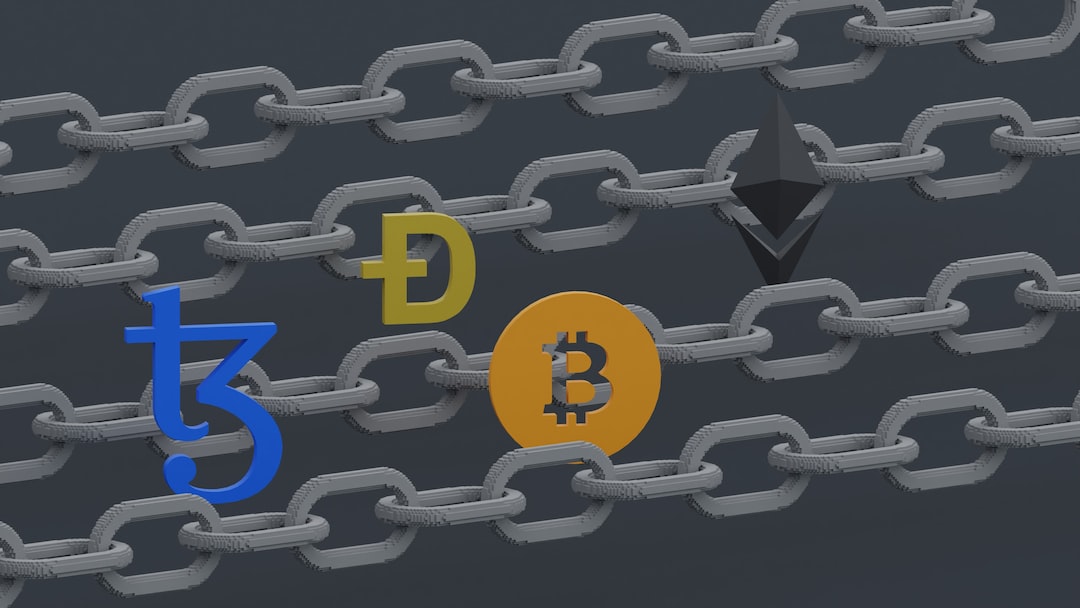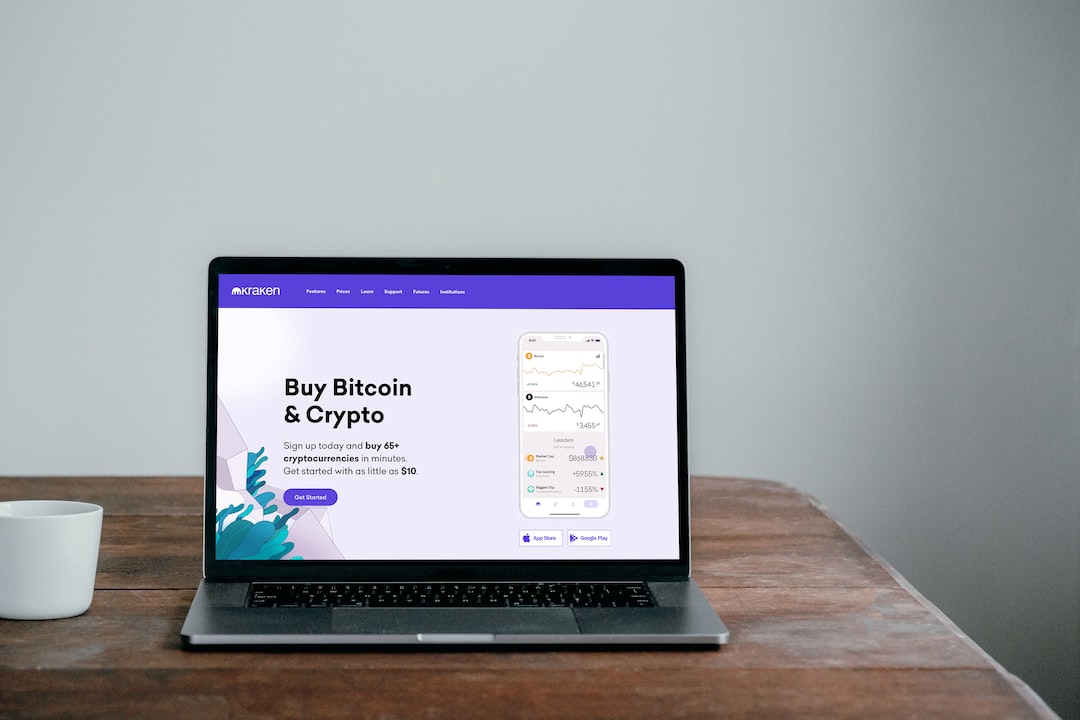A Deep Dive into Stateless Blockchain Technology
In an article released today by a16zcrypto, researchers Miranda Christ and Joseph Bonneau shed light on the intricate challenges of implementing stateless blockchains. Their extensive research delves deep into the complexities of the topic, offering a fresh perspective that promises to shape forthcoming debates in blockchain technology.
Main Breakdowns:
- Blockchains are evolving rapidly, with increasing data and state storage requirements.
- Growing blockchain states pose challenges for decentralization.
- Stateless blockchains offer the potential for simplified processes and enhanced decentralization.
- Practical implementation of stateless blockchains remains unfeasible due to the need for frequently updated witnesses.
- Alternative solutions, such as proof-serving nodes, show promise in addressing the challenges.
The Impossibility of True Stateless Blockchains
Christ and Bonneau’s research has highlighted another significant challenge: the tradeoff between maintaining a concise global state and frequently updating witnesses is fundamental and unavoidable.
The Way Forward: Exploring Alternatives
Although pure stateless blockchains may be unfeasible, the study found there are other promising solutions. One such model involves a third party, distinct from a user or validator, responsible for storing the full state. This entity, termed a proof-serving node, would generate updated witnesses for users, allowing them to transact similarly as in a stateless blockchain.
Hot Take:
In the pursuit of enhancing efficiency, stateless blockchains have emerged as a significant area of interest. While the dream of a pure stateless blockchain may remain just that—a dream—the research and exploration in this field are sure to set the stage for solutions that balance efficiency with user convenience.





 By
By
 By
By
 By
By
 By
By

 By
By